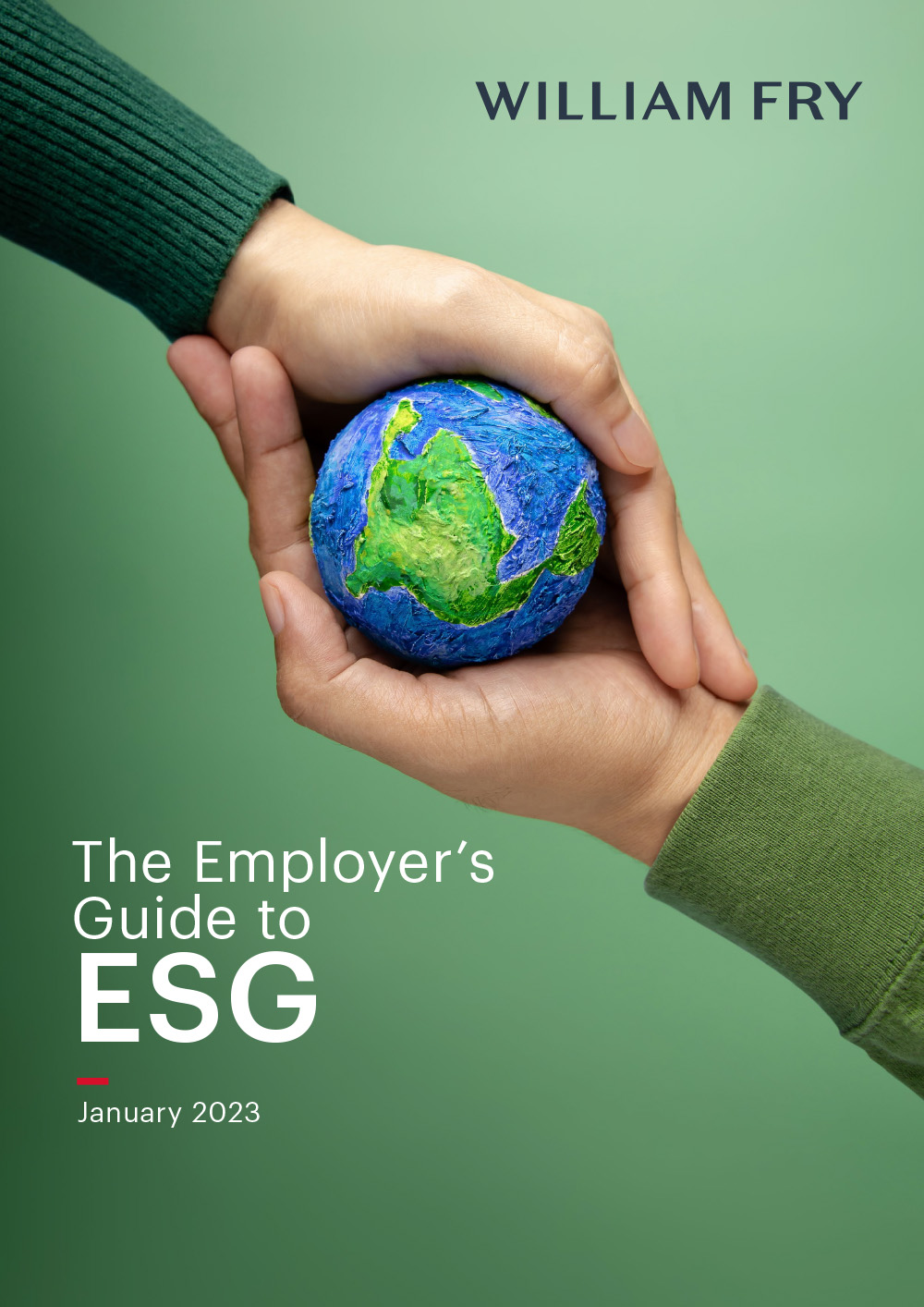William Fry: Less than fifth of employers understand ESG obligations

Less than a fifth of Irish employers understand their environment, social and governance (ESG) obligations, according to a new survey by William Fry.
The firm surveyed over 400 employers and over 1,000 employees in Ireland for its new Employer’s Guide to ESG, which was published today.
The survey found that over a third (34 per cent) of employers have a mental health and wellness policy and over a quarter (26 per cent) have implemented a remote working policy or hybrid working policy.
A fifth (20 per cent) have a whistleblowing/speak-up policy and just 12 per cent have a right to disconnect policy.
Nearly a third (31 per cent) have none of these employment policies in place.
Catherine O’Flynn, head of William Fry’s employment and benefits team, said: “Our survey shows that 77 per cent of employers surveyed believe that they are compliant with all current employment legislation. However, only 20 per cent have a whistleblowing policy and 12 per cent have a right to disconnect policy.
“Employers who fail to comply with new legislation and new standards will not only face employment law risks but will also have difficulty in accessing capital markets, be at a risk reputationally, and be at a disadvantage when it comes to recruiting and retaining key talent.”
The firm’s new guide for employers includes employee views on the most important ESG policies. The top priority of those surveyed is to have a hybrid and flexible working policy, with only the 25-34 year olds indicating that fully remote working is a high priority.
The same age group of 25-34 year olds prioritised training and development the least, while the over-50s prioritise gender pay gap reporting the least, out of all of the age groups.
Strong diversity and inclusion practices were ranked as the second least important policy to 25-34 year olds, just ahead of paid volunteering time.
The top ESG policy priorities of the 1000 employees surveyed were hybrid/flexible working options (38 per cent), health insurance (18 per cent), training and development (11 per cent), fully remote work (11 per cent) and dignity at work (six per cent).
The Employer’s Guide to ESG also notes that more and more Irish employers will link executive remuneration to ESG metrics.
Nearly three-quarters (71 per cent) of employees in the survey agreed that senior management bonuses should, or possibly should, be linked to their employer achieving its ESG social targets, including reducing the gender pay gap and improving equal opportunities.
Ms O’Flynn said: “Our survey found that 37 per cent of employers are not focused on the increasing number of ESG obligations because they do not feel it is relevant to their organisation. However, all employment legislation comes within the remit of ESG so is in fact relevant to all employers.
“Employees’ rights are increasingly protected by legislative developments and are further enhanced by the social component of ESG. It is difficult to defend employment claims if an employer is not compliant with legislation and relevant codes of practice and, at a minimum, employers need to comply with current legal obligations.
“However, employers who want to be ESG compliant should ensure that their policies reflect all existing legislation and that they are prepared to adopt and comply with new legislation as soon as it becomes effective, if not before.”









